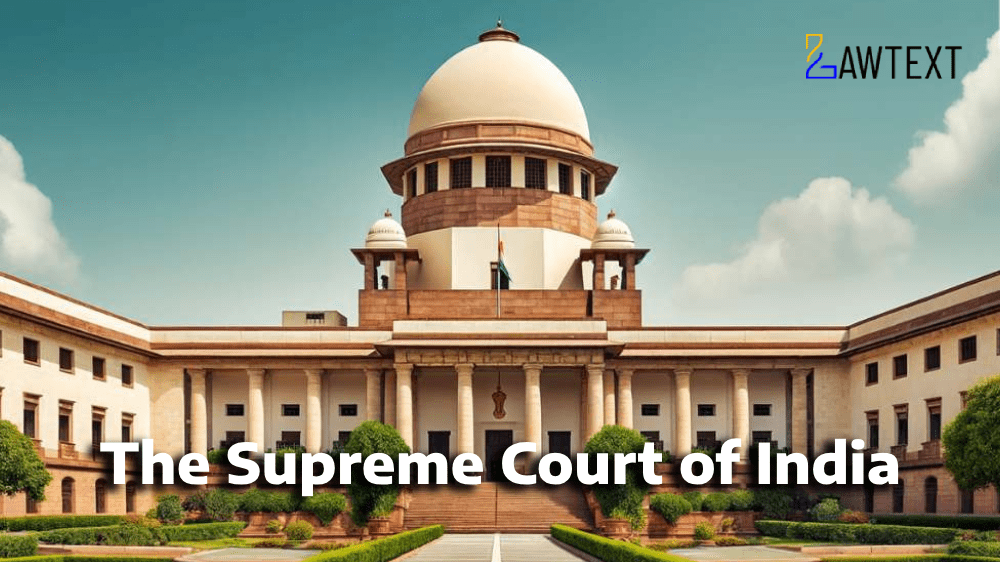

The Supreme Court acquitted the appellant, accused no.2, in a case under the Narcotic Drugs and Psychotropic Substances Act, 1985, due to insufficient evidence linking him to the transportation and sale of contraband. The conviction by the lower courts under Sections 22(c) and 29 of the NDPS Act was set aside, as the appellant's statement recorded under Section 67 of the NDPS Act was deemed inadmissible. The Court emphasized the lack of direct evidence proving the appellant's involvement in the crime and highlighted the failure of the prosecution to present crucial witnesses.
1. Case Background:
The appellant was accused no.2 in a case under the NDPS Act, where he was prosecuted alongside co-accused for illegally transporting pentazocine, a psychotropic substance, from Hajipur to Lucknow. The Narcotics Control Bureau (NCB) intercepted accused no.1, who claimed to have purchased the contraband from the appellant.
2. Appellant's Statement and Trial Court Conviction:
The appellant's statement under Section 67 of the NDPS Act revealed that he operated a medical shop and provided 30 cartons of Fortwin injections to accused no.1. The Special Court convicted the appellant under Section 22(c) of the NDPS Act, sentencing him to 10 years of rigorous imprisonment and a fine of Rs. 1,00,000.
3. Issues Raised on Appeal:
The appellant's counsel argued that the charge framed was solely under Section 22(c) of the NDPS Act, with no reference to Section 29 (conspiracy). The counsel contended that the appellant's conviction was based on inadmissible evidence, as the statement under Section 67 of the NDPS Act was not valid, citing the Supreme Court's decision in Tofan Singh v. State of Tamil Nadu (2021) 4 SCC 1.
4. Supreme Court's Analysis:
The Supreme Court found no evidence of a conspiracy or that the appellant supplied the contraband to accused no.1. The Court noted that the appellant's statement under Section 67 was inadmissible and that the prosecution failed to produce crucial witnesses. Additionally, the Court observed that no charges were framed under Section 29 of the NDPS Act, and there was no recovery of incriminating material from the appellant.
5. Conclusion and Acquittal:
The Supreme Court concluded that the prosecution did not establish the appellant's involvement in the alleged crime beyond a reasonable doubt. Consequently, the conviction was overturned, and the appellant was acquitted of all charges. The appeal was allowed, and the appellant's bail bonds were canceled.
Citation: 2024 LawText (SC) (8) 221
Case Number: CRIMINAL APPEAL NO. 878 OF 2019
Date of Decision: 2024-08-22
Case Title: AJAY KUMAR GUPTA VERSUS UNION OF INDIA
Before Judge: (Abhay S. Oka J. , Augustine George Masih J.)
Appellant: AJAY KUMAR GUPTA
Respondent: UNION OF INDIA